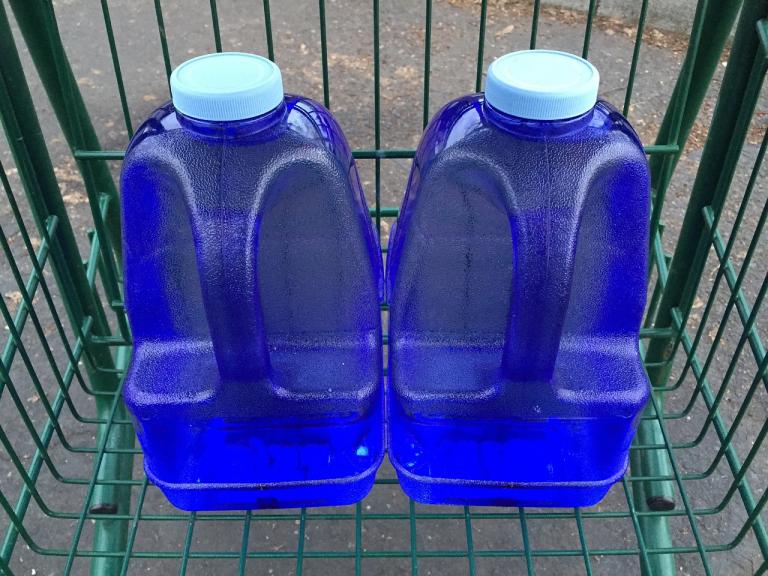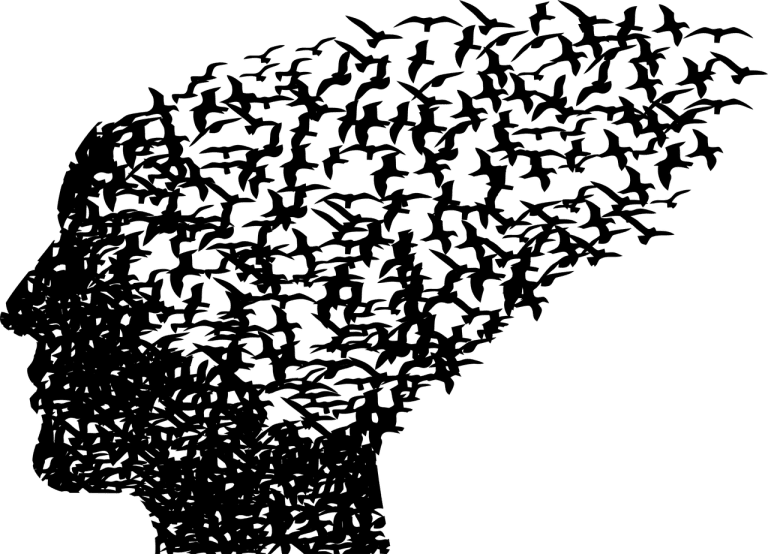Have you ever been surrounded by people, but still felt lonely? It’s not a good feeling and, interestingly, not always easy to identify. Loneliness develops when you experience a gap between the connections you want or desire and the connections you have. In other words, you realize you lack meaningful relationships in your life.
This is significant because loneliness is at the root of so many problems. It can show up as social withdrawal, anger, irritability, substance abuse, driving violence and even lead to different types of illness. And the consequences include a higher risk of death, health issues, lower quality sleep, and more impulsive behavior.
The fact is we are designed to flourish by connecting with others. We aren’t meant to be alone and isolated. Our brain is wired for relationships. When we deeply connect to others, we listen better and give them the benefit of the doubt. The power of human connection is so strong, it can heal trauma and wounds. So, we need to build community and keep people at the center of our life.
Dr. Vivek Murthy, the 19th surgeon general of the United States, in his book, Together, considers loneliness to be a public health concern at the root of all types of problems like anxiety and depression. He outlines three dimensions of loneliness. He believes we need all three of these relationship dimensions to feel socially connected:
1) Lonely for an intimate other–wanting a person with whom we can be ourselves and intimately know we are loved.
2) Lonely for friendships–wanting relational or social friendships.
3) Lonely for a purpose and calling network –wanting what he calls “collective purpose” relationships in which we network with those who share our purpose.
The key to developing these three dimensions is to first be grounded in a strong sense of self. Don’t be afraid of solitude but use it to strengthen yourself both spiritually and psychologically. Then be willing to approach others to connect. This is the only way you can forge new relationships that may have promise. When you do interact with others, notice how you feel. Ask, do I feel good being around this person and why? Is this someone who could meet my connection needs?
In our busy world and schedule, we must make time to build relationships. Do this by putting yourself out there and being intentional about meeting people. Every day, devote 15 minutes to meeting or interacting with other people, especially those you love. Another good way to build relationships is to engage in acts of service. Not only will you be helping others, but you’ll meet people in the process. So, involving yourself in church ministry, community action, hobbies and interests are great ways to build meaningful connections. As you interact with others, move beyond surface talk; really get to know people. In the long run, your efforts will prove to be satisfying and bring a rich dimension to your life. Like the tag line of my podcast says, we are better together.



